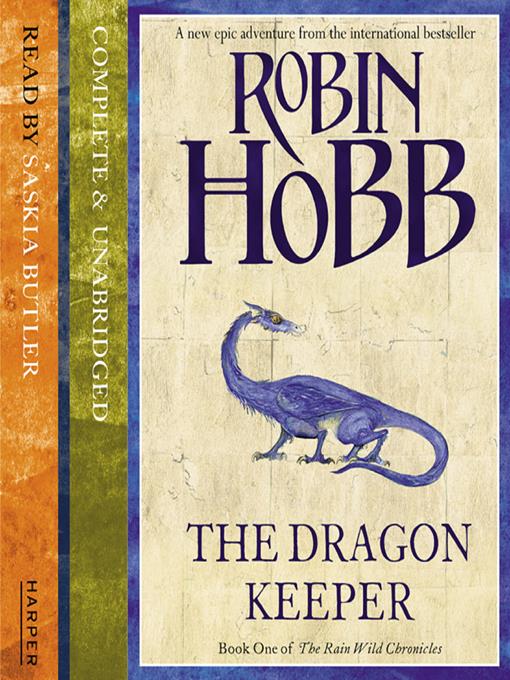
This, in the end, is both the virtue and the vice of this novel.įarseer was a trilogy all about growing up, a trilogy about sons and their fathers Tawny Man was all about having grown up, a trilogy about fathers and their sons.

Hobb’s way of writing has changed over the course of the twelve novels, becoming more and more reflective, more and more observational, more and more determined to use the trappings of the fantasy genre to enable an examination of interpersonal universals. The key, however, is not the plot, but the approach. The events of the previous trilogies have, as it were, created a blank canvass – one that is now actually rather closer to traditional fantasy than when the cycle began. It is unlikely many people will read this without being a dedicated Hobb fan to begin with – although in fact (and perhaps the later installments of this quartet will change this) this seems a pretty good belated starting place, in terms of plot if not perhaps in terms of style.

In particular, it follows quite directly on from the Liveship trilogy, though recurring characters are limited to cameo roles.Īfter twelve novels in a cycle, a certain amount of selection has inevitably occurred. However, as it follows the events of The Farseer Trilogy, The Liveship Traders and The Tawny Man, it is essentially the tenth novel of the combined Realm of Elderlings cycle.

( Interested readers may like to note that I’ve also got (mostly spoiler-free) reviews up of the nine preceding Realm of Elderlings novels, indexed here.)ĭragon Keeper is the first novel in the Rain Wild Chronicles series.


 0 kommentar(er)
0 kommentar(er)
